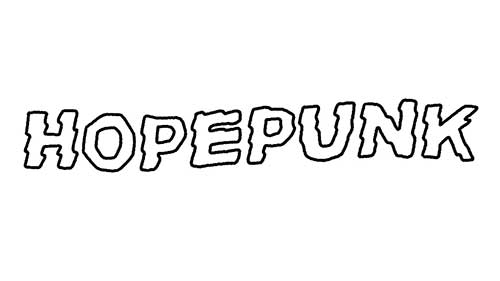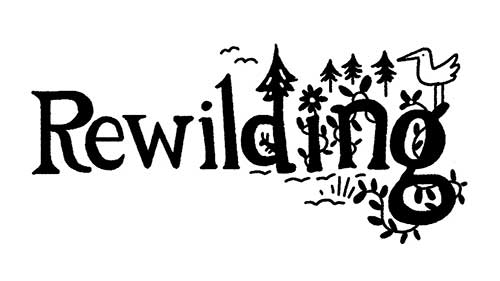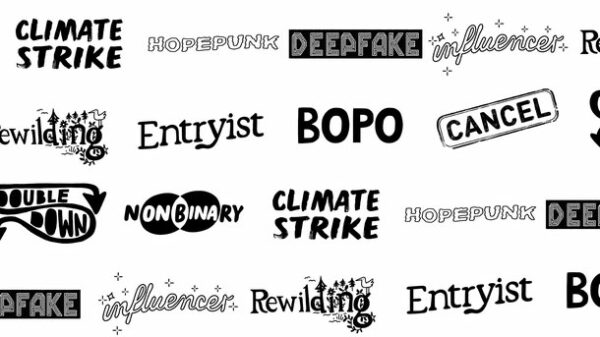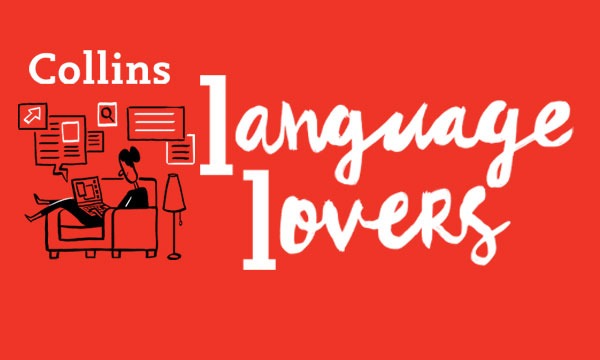These are strange, anxiety-inducing times – but there are reasons to be cheerful. That’s what the English language seems to be telling us in 2019. Having trawled websites, newspapers, magazines, social media, and everyday conversations, Collins’ lexicographers have detected an uptick in words linked to both environmental and digital derangement – as well as ones linked to fighting back. From the Word of the Year itself, climate strike, which embodies a positive response to a grave crisis, to hopepunk, an upbeat genre of storytelling, it seems that there’s cause for optimism in dark times.
Climate strike

This was the year Greta Thunberg became a superstar, spreading her call for climate action around the world – whether through appearances at international gatherings, or by popularising the tactic of striking to draw attention to the cause. For her that meant missing classes, under the slogan skolstrejk för klimatet (Swedish for “school strike for the climate”). For others it meant stopping work – with an estimated 6 million people, young and old, participating in September’s global climate strike. The first event to be called a “climate strike” had nothing to do with Greta, though: it happened in November 2015, outside the Paris climate summit, when she was just 12. Even so, use of “climate strike” in Collins’ database of language, the Collins Corpus, increased 100-fold between 2018 and 2019.
Deepfake

Barely-detectable counterfeit videos – so-called “deepfakes” – threaten to make it even harder to sort fact from fiction in a world already plagued by disinformation. Using a type of artificial intelligence known as “deep learning”, it’s possible to manipulate and seamlessly meld one piece of footage onto another, with the result that public figures and celebrities can be made to say or do pretty much anything. This has potentially dire political implications, since there’s nothing to stop an opponent or a foreign power producing scandalous deepfakes to derail an election.
Hopepunk

The word hopepunk was coined in 2017 by author Alexandra Rowland, as a rebellion against the unremitting bleakness of sci-fi and fantasy writing, a tendency known as “grimdark”. She wrote a single line in a tumblr post that went viral: “The opposite of grimdark is hopepunk. Pass it on.” People did, and now hopepunk is the name for a new type of fiction and drama: one that emphasises the battle against dark forces, and the possibility of coming out on top. Rowland later said “It’s about demanding a better, kinder world, and truly believing that we can get there if we care about each other as hard as we possibly can” while the Guardian’s Stuart Heritage pointed out that “Doctor Who has always been hopepunk in spirit”.
Influencer

People who make waves on social media are increasingly hard to ignore, moving the celebrity centre of gravity away from Hollywood and towards YouTube and Instagram. Rather than scripted lines delivered with Oscar-winning aplomb, you’re more likely to hear “please like, share and subscribe” from today’s superstars. Beaming their lives into your phones, they’re also representatives of a huge new industry: influencer marketing, said to be worth $6.5bn in 2019. Although the word itself was first recorded in 1664 in the general sense of “a person who exerts an influence”, the term ”social-media influencer” is first found in the Collins Corpus in 2014. Since then, usage has increased year on year, with a marked spike in the preceding 12 months.
Rewilding

One of the saddest effects of the environmental crisis has been the loss of wildlife that once played a vital role in our countryside – from insects to small mammals, and even larger ones like beavers and wolves. Few of these are able to make their home in landscapes devoted to high intensity agriculture or urban sprawl. Many conservationists now want to reverse the developments that squeezed them out, making places wild again by reducing farming, planting native trees and reintroducing animals. The word “rewilding” is first recorded in 1993, but in 2019 it captured the imagination, with a notable increase in usage and several books on the topic, including Rewilding: Real Life Stories of Returning British and Irish Wildlife to Balance.
Written by David Shariatmadari, author of Don’t Believe A Word: The Surprising Truth About Language.



